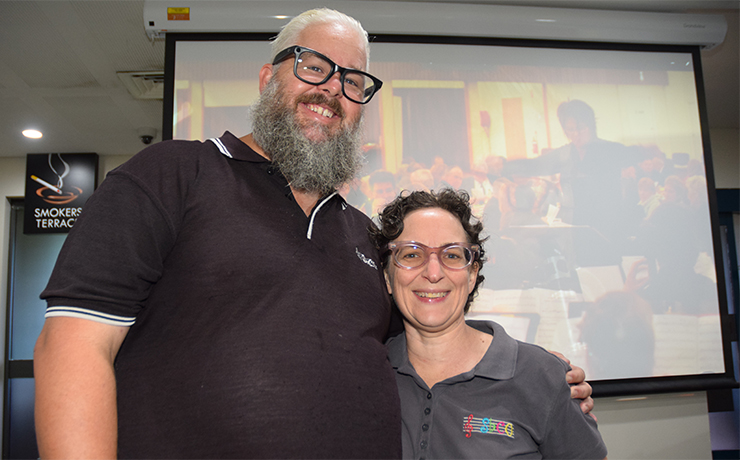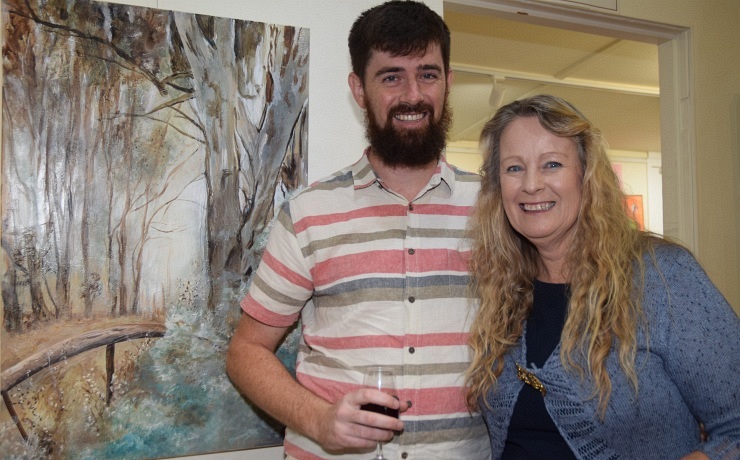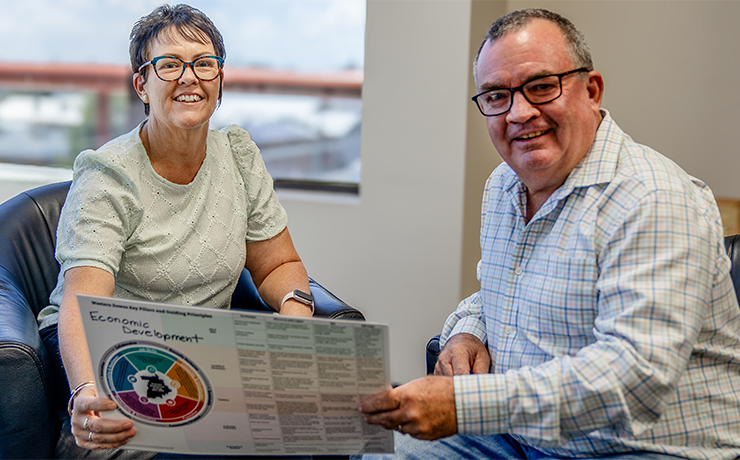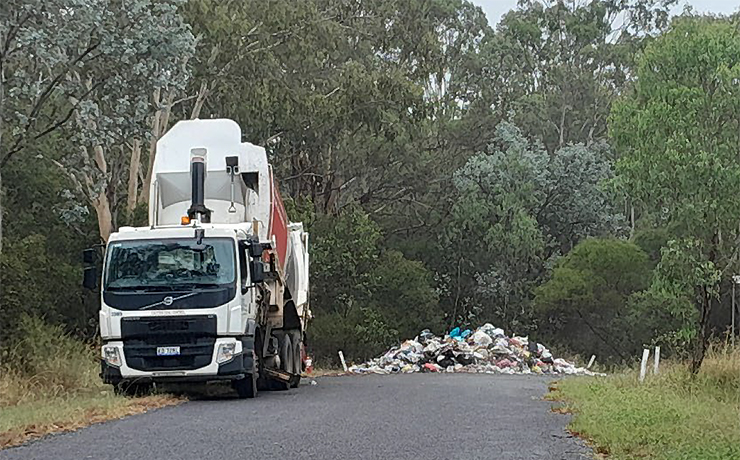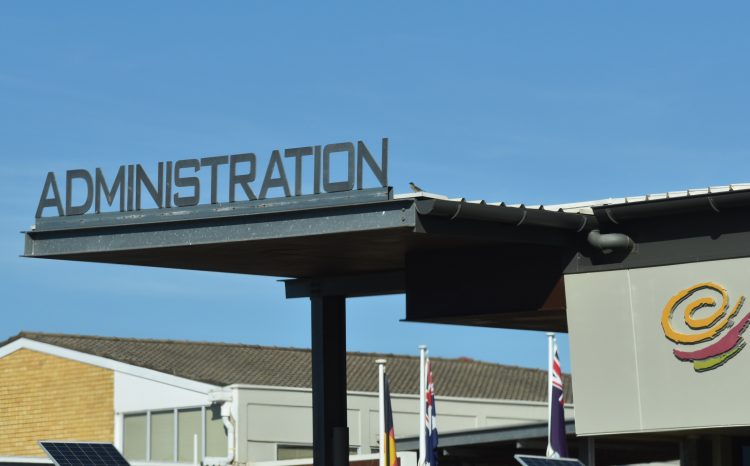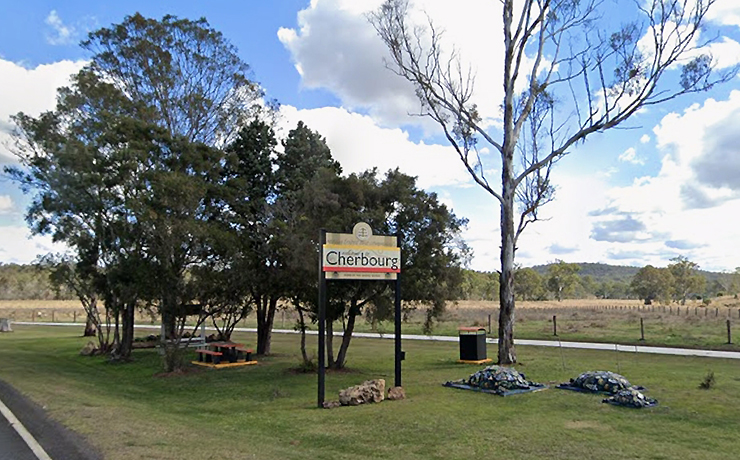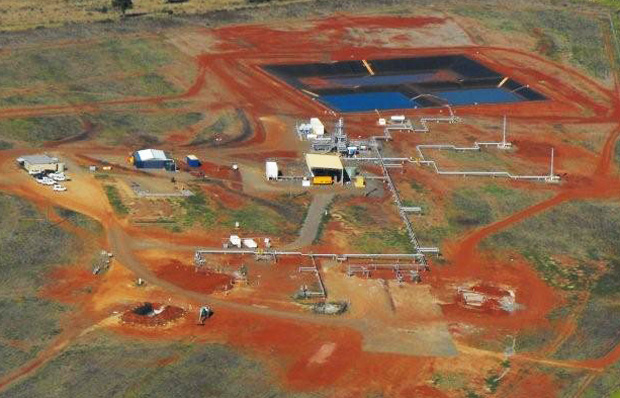
|
April 18, 2016
The State Government has moved to ban underground coal gasification in Queensland because of its environmental impact.
Mines Minister Dr Anthony Lynham announced the immediate ban on Monday and committed to introducing a legislated ban before the end of the year.
“We have looked at the evidence from the pilot-operation of UCG and we’ve considered the compatibility of the current technologies with Queensland’s environment and our economic needs,” Dr Lynham said.
“The potential risks to Queensland’s environment and our valuable agricultural industries far outweigh any potential economic benefits.
“The ban applies immediately as government policy, and I will introduce legislation to the Parliament by the end of the year to make it law.
“This will give certainty to the resources industry, so they know very clearly where the government stands, and to the community.
“As a government, we support our resources sector for the jobs and economic growth it generates, but UCG activity simply doesn’t stack up for further use in Queensland.”
Environment Minister Steven Miles said the State Government was also taking steps to address issues that had arisen during the UCG pilot projects.
One of the companies involved in the UCG pilot, Linc Energy, was recently committed for trial in the District Court on five counts of wilfully and unlawfully causing serious environmental harm.
Another company involved in a pilot, Cougar Energy, was fined $75,000 in 2013 after pleading guilty in the Brisbane Magistrates Court to three charges linked to its failed UCG project near Coolabunia.
“The investigation of Linc Energy is the largest and most expensive case ever handled by the State’s environment regulator, the Department of Environment and Heritage Protection (DEHP),” Mr Miles said.
“The Palaszczuk Government has already provided DEHP $15.8 million in special funding to deal with this important case.”
“In addition, our new chain of responsibility laws will provide new powers to require that contaminated sites must be cleaned up.”
Underground coal gasification involves converting coal to a synthesised gas by burning coal underground. The syngas is then processed.
Carbon Energy is currently decommissioning and rehabilitating its site at Bloodwood Creek near Dalby.















